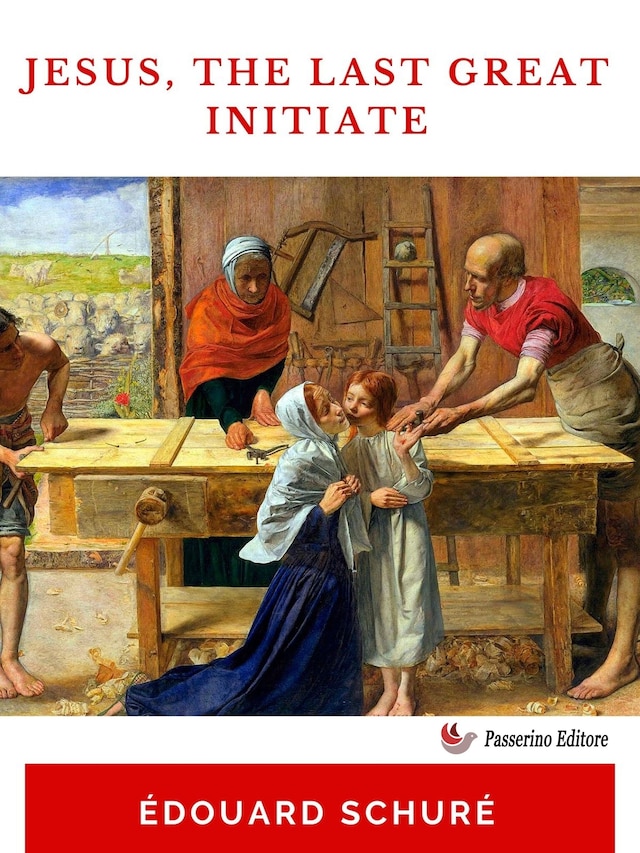
Jesus, The Last Great Initiate
Description of book
Jesus, The Last Great Initiate is a book written by Édouard Schuré, originally published in 1891. In this work, Schuré explores the life, teachings, and spiritual significance of Jesus Christ from a mystical and esoteric perspective.
In "Jesus, The Last Great Initiate," Schuré presents Jesus as the culmination of a long line of spiritual leaders and initiates throughout history. He suggests that Jesus' mission was to fulfill a divine plan and bring a new spiritual message to humanity.
Schuré examines various aspects of Jesus' life, including his birth, childhood, ministry, and crucifixion, while highlighting the mystical and symbolic elements present in the biblical accounts. He delves into the teachings of Jesus, focusing on his emphasis on love, compassion, and the inner transformation of individuals.
Drawing from various religious and philosophical traditions, Schuré presents Jesus as a spiritual master and an embodiment of divine wisdom. He suggests that Jesus possessed esoteric knowledge and initiated his disciples into deeper spiritual truths.
Édouard Schuré (1841-1929) was a French philosopher, playwright, and musicologist. He is best known for his works on esoteric spirituality and his influential book "The Great Initiates" ("Les Grands Initiés").
Schuré was born on January 21, 1841, in Strasbourg, France. He studied law in Strasbourg and Paris but soon turned his attention to the arts and literature. He became involved in the literary and artistic circles of his time, associating with figures such as Richard Wagner, Friedrich Nietzsche, and Émile Zola.
One of Schuré's major works, "The Great Initiates: A Study of the Secret History of Religions" ("Les Grands Initiés"), was published in 1889. This book explores the lives and teachings of various spiritual leaders and mystics throughout history, including figures such as Hermes Trismegistus, Orpheus, Pythagoras, Buddha, and Jesus Christ. Schuré examines their teachings, spiritual practices, and the impact they had on humanity.
"The Great Initiates" became widely popular and influential, appealing to readers interested in esotericism, mysticism, and comparative religion. The book presents a romanticized and idealized view of these historical figures, emphasizing their wisdom and spiritual insights.
Schuré's other works include "The Legend of the Holy Grail" ("La Légende du Saint-Graal"), a play exploring the Arthurian legend, and "The Children of Lucifer" ("Les Enfants de Lucifer"), a novel based on the mythical fall of Lucifer.
Throughout his life, Schuré remained interested in music and Wagnerian opera. He wrote several articles and essays on music and composed several works, including an opera called "Salammbo" based on Gustave Flaubert's novel.
Édouard Schuré's writings continue to be read and studied by those interested in esoteric spirituality, the history of religions, and mysticism. His works offer a poetic and imaginative perspective on the lives and teachings of historical figures who have had a profound impact on human spirituality.
 Édouard Schuré
Édouard Schuré 141 Pages
141 Pages